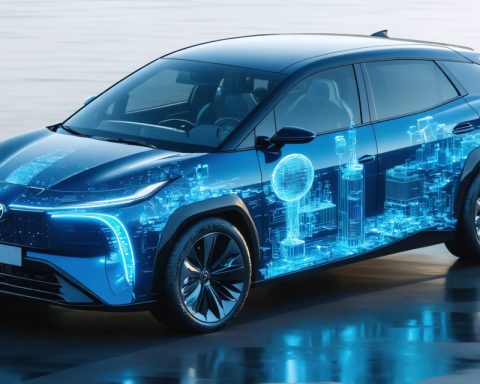Browse TagFuel Cell Technology
Fuel Cell Technology refers to a clean energy technology that converts chemical energy from fuels, typically hydrogen, into electricity through an electrochemical reaction. Unlike combustion engines, fuel cells produce electricity without combustion, resulting in minimal emissions, primarily water and heat. Fuel cells operate based on the principle of combining hydrogen and oxygen in a reaction facilitated by a catalyst, producing electrons that generate electricity.Fuel cell technology can be applied in various sectors, including transportation (such as fuel cell vehicles), stationary power generation for residential or commercial applications, and backup power systems. The technology is recognized for its efficiency, as it can achieve higher efficiencies than traditional energy conversion methods. Additionally, when paired with renewable energy sources, fuel cells can offer a pathway to sustainable energy solutions. Fuel cells are categorized into different types based on their electrolyte composition, including Proton Exchange Membrane Fuel Cells (PEMFC), Solid Oxide Fuel Cells (SOFC), and others, each tailored for specific applications and operational conditions. Overall, fuel cell technology represents a promising avenue for reducing greenhouse gas emissions and enhancing energy security.












